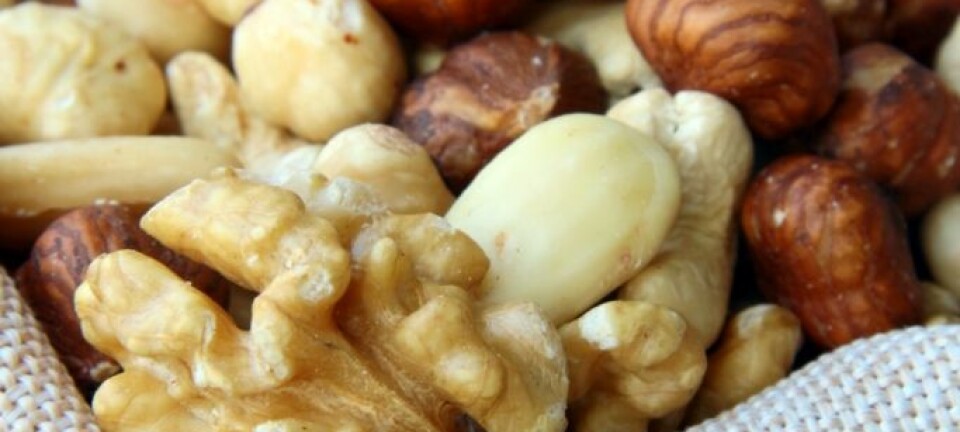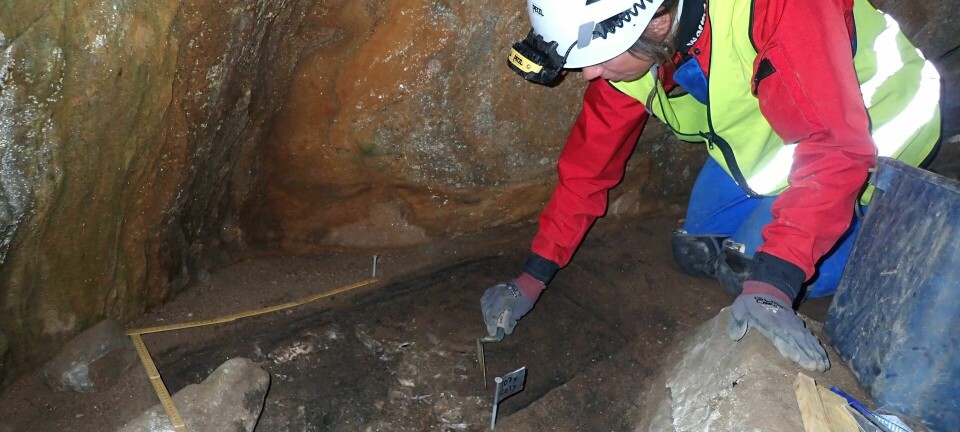
Respiratory problems plague king crab workers
Preliminary figures show that workers who process red king crabs have higher than average problems with coughing and wheezing.
Denne artikkelen er over ti år gammel og kan inneholde utdatert informasjon.
Water, dust and crushed shells: Processing red king crab is no picnic. Industry employees suffer an increased risk of allergies and respiratory ailments.
One in three has a daily morning cough, according to a survey by Marte Renate Thomassen from the University Hospital of North Norway. That is more than twice the number reported in Thomassen's control group.
Thomassen is working on a doctoral thesis on asthma and allergy in the king crab industry and stresses that her figures are preliminary. However, research has already shown that king crab workers have more breathing problems than most people.
Crab asthma
“There are studies in Canada and Alaska of workers who process snow crab that show very high rates of what they call crab asthma. Employees develop asthma while working on these crabs,” Thomassen said.
The research community in Tromsø has worked with similar studies in the fishing industry. Respiratory problems are more common in this industry as well.
North American scientists have not investigated the causes of crab asthma, however.
“We want to identify the cause,” Thomassen says.
She does not have any conclusions yet, but believes that it has something to do with the processing.
“When you wash and cook and crush a crab, it causes splashing and that releases particles into the air,” she said.
Shellfish allergy
This is the first study of its kind in Norway. Thomassen says that she and her colleagues were interested in the issue "because shellfish is a potent allergen. People who are allergic to shellfish tend to react strongly to it.”
The industry is not that big, and Thomassen and her colleagues only examined 143 employees. Shortness of breath was twice as frequent in the workers as in the control group, while difficulty breathing and prolonged coughing attacks were three times as frequent.
Many different kinds of dust particles of biological origin hover in the air of these processing factories. The amount of dust seems to vary more from factory to factory than between different tasks.
Translated by: Lars Nygaard


































